Full HD TVs
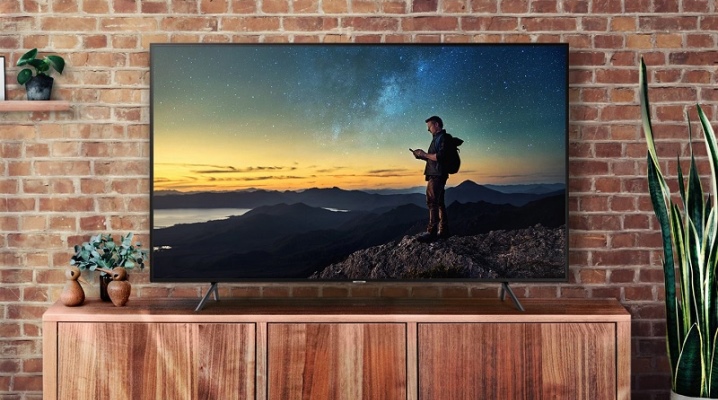
Visiting even a small store, you will come across a wide variety of digital technology. The rapid development of technology has led to the emergence of multifunctional equipment. Let's take a closer look at TVs with Full HD resolution.
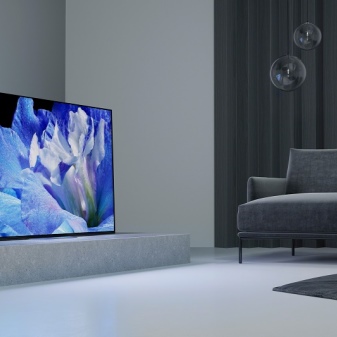
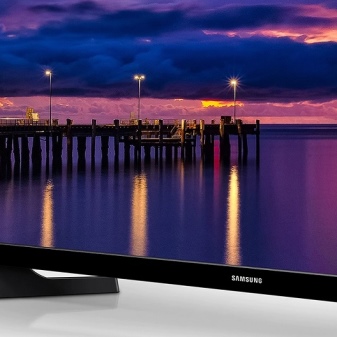
What it is?
Today, the Full HD standard is not innovative, however, it continues to be popular with buyers around the world. This format is also called “high definition standard”. The Full HD mark on the TV means that the equipment (matrix) supports a widescreen resolution of 1920 x 1080 pixels (manufacturers indicate this parameter in this format - 1920 × 1080p).
It is currently the most common format for filming video using smartphone or tablet cameras. The footage will be comfortable to view on the screen with the same resolution.
Full HD TVs come in a wide variety of sizes. Also, the models differ in functionality and technical characteristics.
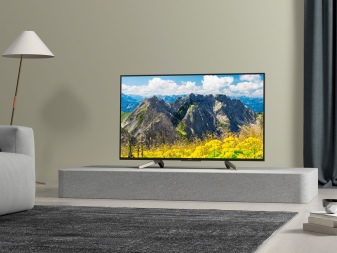
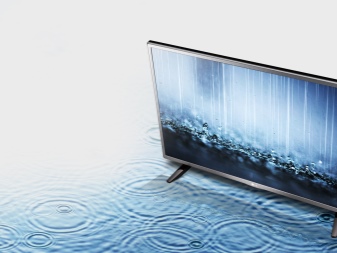
History
The resolution format indicates the size of the image (video material) that is displayed on the screen. This indicator is measured in points called pixels. Their number is directly related to clarity and detail, in other words, to the quality of the picture. The bigger, the better.
Developing new and more advanced formats, experts presented the HD version (1280 × 720 pixels), which quietly became the standard. After the resulting resolution was refined, and in 2007, the Full HD format (1920 × 1080 pixels), well-known to many, appeared. Despite the fact that more than 10 years have passed since its inception, it remains in demand and relevant.
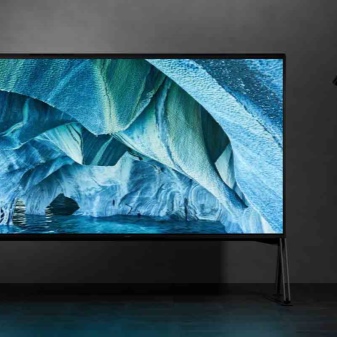
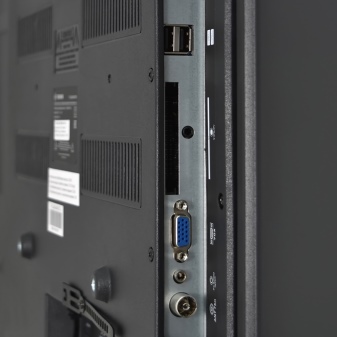
Due to a significant increase in the dot density, it was possible to change the image quality. Thanks to the increased detail, you can take a closer look at small elements in the picture. You can also find the wording - amorphous Full HD. This is an image with a resolution of 1440 × 1080 pixels. Its peculiarity lies in the fact that the points have a non-square shape. In the technical specifications, this format is referred to as an abbreviation for HDV. Amorphous Full HD has been in use since 2003.
The main distinguishing characteristic of Full HD, which distinguishes it from the background of other formats, is its special resolution, which significantly affects the detail of the picture.
Today, specialists are working to improve this parameter in order to provide the buyer with an improved resolution.
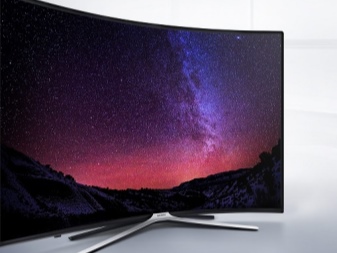
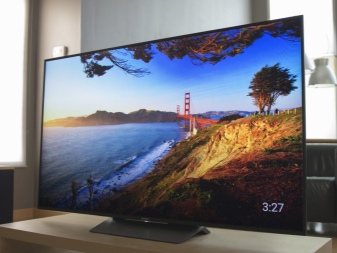
What are they?
It is recommended to evaluate the quality of picture detail on TV screens with a large diagonal. The difference between FHD and HD Ready is noticeable at 32 inches and above. According to experts, all the advantages of the modern format can be appreciated only on screens that range from 40 to 43 inches. Screen size is the main parameter by which the technique is divided into separate groups. Remember that comfortable viewing depends not only on picture quality and screen size, but also on the optimal distance between the viewer and the TV. In a spacious room, you can install a large TV with a diagonal of 50-55 inches.
You should also pay attention to models with a screen size of 49, 43 or 47 inches. If the sofa or armchairs are located a short distance from the wall that will have the new TV, it is better to opt for a more compact size. For a compact room, a 20-inch model (22, 24, 27, 28, 29, and others) is best suited.It is also recommended to choose such a diagonal if you are going to use the TV together with a game console and be as close to the screen as possible during the game.
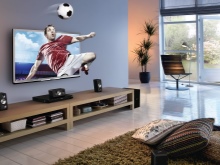
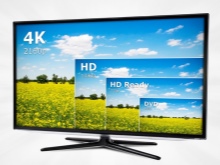
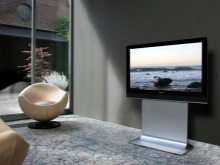
Transmission technology
Modern televisions work using various picture transmission technologies. There are currently two options in use:
- LED.
- OLED.
The name of the first technology is short for Light-emitting diode, which means "light-emitting diode". Screens of this type are special liquid crystal panels that transmit an image with the required saturation and color. Currently, LED TVs represent the majority of the technology market (80-90% of all products). These are not only functional, but also practical models with low weight and size. As disadvantages, experts designate weak contrast and insufficient viewing angle. From the side, the screen starts to glare strongly.
The second option means Organic Light-emitting diode and is translated from English as "organic light-emitting diode". This is a newer technology. It features enhanced contrast and wider viewing angles. OLED TVs are even smaller and lighter. The main disadvantage of this technique is the price.
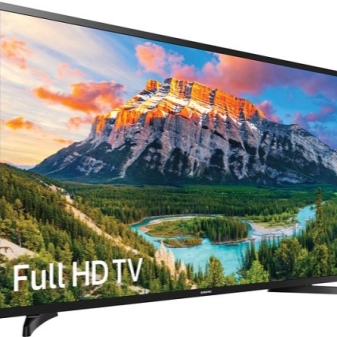
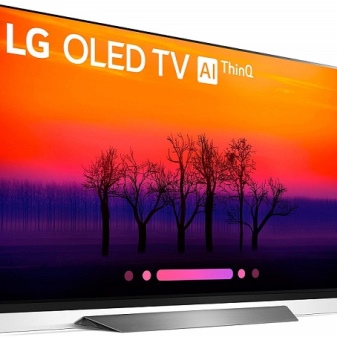
Comparison with other resolution options
HD and Full HD
Experts believe that Full HD is not a separate, full-fledged format, but an improved version of HD, due to an increase in dot density. When choosing a TV, buyers first look at the resolution. The higher it is, the better the picture will be. The increased number of pixels on the sensor allows for a sharper and more colorful image. This is how Full HD differs from the later HD version.
A technique that does not support the enlarged format cannot reproduce a high quality picture. Full HD technology is also used to display photos and videos with other resolutions. The matrix transforms the picture to the maximum optimal performance. There are several points that distinguish the Full HD format from others.
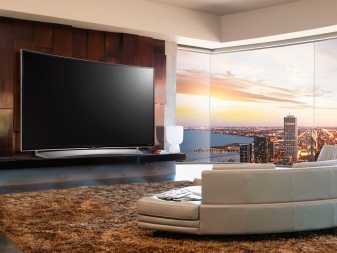
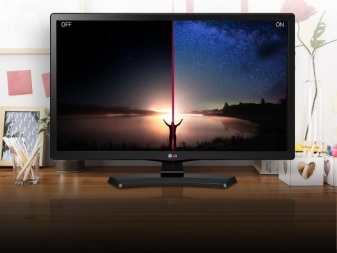
This resolution is the use of two sweeps at once.
- Interlaced. The frame is divided into 2 fields, each of which consists of separate strips (lines). The picture is shown in stages.
- Progressive. In this case, the image appears immediately and completely. This method allows high-quality demonstration of dynamic scenes.
Many of the set-top boxes demanded by modern consumers are available as Full HD and 4K (higher resolution) models. To enjoy a high-quality picture, you need to choose a TV with Full HD function for your TV box.
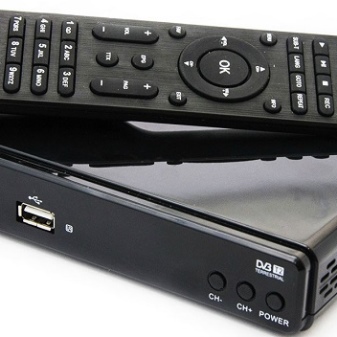
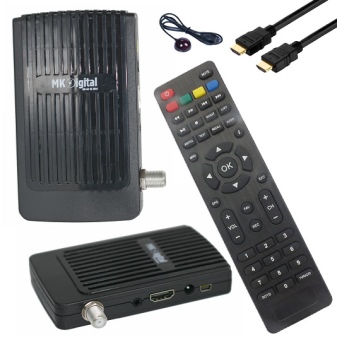
Feature 4K
4K Ultra HD came out in 2012. From this year, TVs supporting the above format began to appear in hardware stores. 4K differs from previous formats in its high resolution of 3840 × 2160 pixels. This parameter indicates excellent detail. Now TVs supporting the above format are already being actively sold, however, they have not yet taken a leading position in popularity. Many experts believe that in the next few years, this technique will be more in demand.
If we look at the new format from a technical point of view, it significantly surpasses Full HD, allowing you to immerse yourself in the viewing process. To enjoy rich 4K images, you need to view photos or videos in the same resolution.
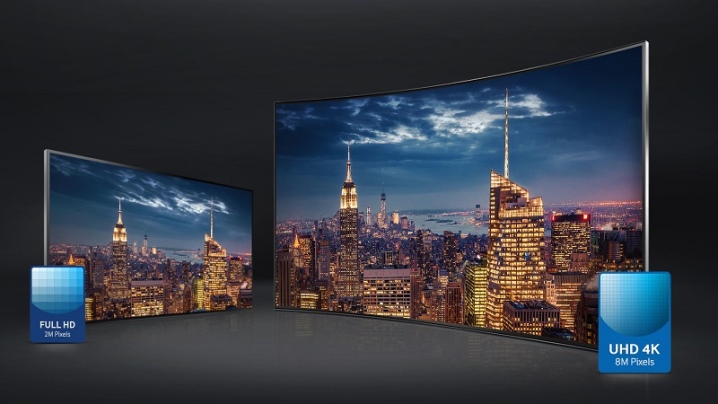
Rating of the best models
Let's take a closer look at the top models of modern TVs that support Full HD.
22PL12TC from Polarline
The diagonal of the TV, which was launched on the market in 2019, is 22 inches, which translates into centimeters - 56. The equipment has a built-in tuner. The stylish design and excellent signal reception both in the city and outside it should be noted separately. However, the TV will not please with multifunctionality. The price is about 6,000 rubles.
Pros.
- Profitable price.
- Attractive appearance.
- Signal reception in any area. The equipment can be installed in the country.
- There are TV tuners.
- Excellent quality digital TV.
Minuses.
- Small viewing angle. If you deviate slightly from the center, the image quality drops significantly.
- Poor quality of analogue channels.
- Insufficiently loud and surround sound. It is recommended to connect additional acoustics.
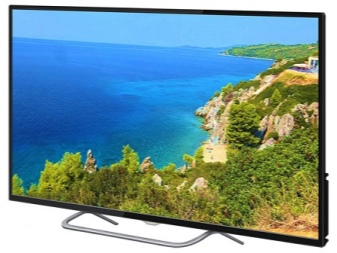
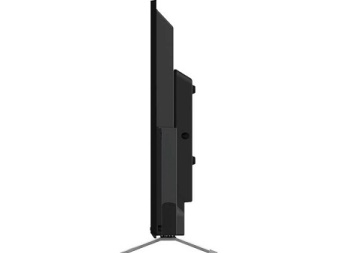
H-LED24F402BS2 from Hyundai
The next step in our ranking is represented by vehicles manufactured in 2018. The screen dimensions are 24 inches or 50 centimeters. This is a practical and affordable technique. It lacks special functionality, but experts have thought of simple controls, modern tuners and a high signal level. To date, the price is 8500 rubles.
Advantages.
- All the necessary TV tuners are included.
- Improved viewing angles compared to this type of model.
- The screen size is larger than that of TVs of the same price segment from BBK.
Disadvantages.
- Poor sound quality. The speaker power is 4 watts. When watching movies, you will need to connect speakers.
- Insufficient number of USB and HDMI ports. There is only one USB connector on the case.
- There is no picture quality enhancement technology.
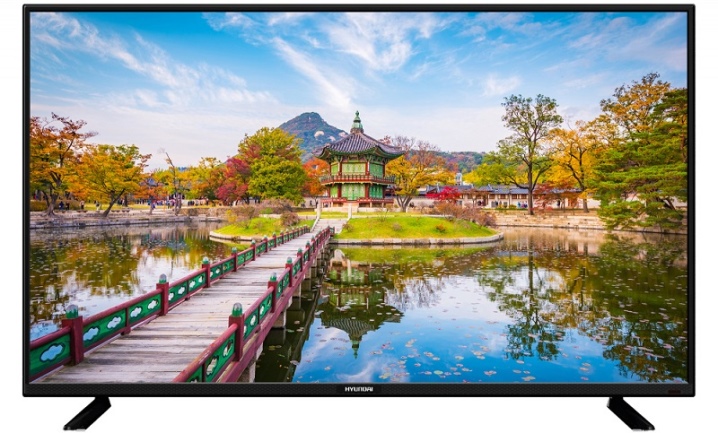
32FR50BR from Kivi brand
Despite the fact that this company is little known, the manufacturers managed to release a TV that has earned a lot of praise from customers. The size of the screen is 32 inches, which in terms of centimeters means 81. Experts have installed the function of "smart" television. The price is 15,500 rubles and is considered quite democratic for equipment with such functionality and diagonal.
Pros.
- Surround and loud sound.
- Wireless Wi-Fi connection.
- Rich picture.
- Smart TV runs on the practical Android 6.0 OS.
- Affordable cost.
- Attractive design.
Minuses.
- Many customers did not like the basic version of the firmware. It needs to be updated to the latest.
- Sometimes the smart TV function takes a long time to start.
- KIVI Remote app sometimes cannot find the TV.
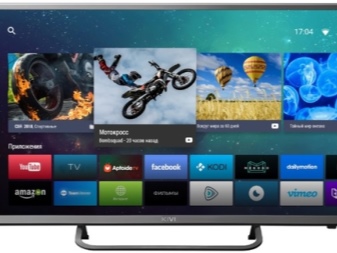
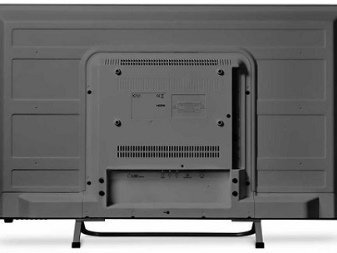
40F660TS from HARPER
Practical technique with a 40 "or 102 centimeters LCD screen. Also, experts have thought out a powerful and clear sound of 20 watts. The model supports the Smart TV function, which runs on the Android OS. Due to its laconic appearance, the TV fits harmoniously into the interior of the room. The cost is 13,500 rubles.
Advantages.
- Practical and easy-to-use smart TV function.
- High quality surround sound.
- Lots of different ports for connecting devices.
- The manufacturers have installed a receiver and a media player.
Disadvantages.
- Long response.
- Small viewing angle.
- Some programs freeze and slow down during startup and operation.
- Not enough RAM (according to many users).
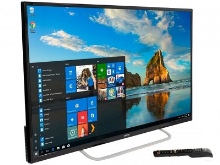
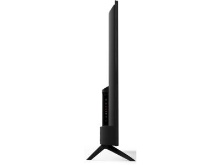
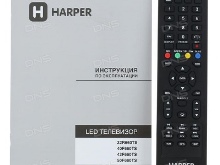
TF-LED43S43T2S from Telefunken
The last option on our list has a screen size of 43 inches or 109 centimeters. Despite the fact that the above manufacturer has been producing TVs recently, specialists manage to develop practical and high-quality equipment at a reasonable price. When creating the model, experts have successfully combined stylish appearance, functionality and Smart TV. The viewing angle is 178 degrees. Price - 16,500 rubles.
Pros.
- Low price considering features and screen sizes.
- High speaker power.
- Sleep function.
- The ability to record material on a USB flash drive.
- Additional protection from children.
- Optimize brightness in automatic mode.
- A large number of ports.
Disadvantages.
- Wireless internet (Wi-Fi) and Bluetooth connections are not provided.
- There is no 3D support and built-in memory.
- Voice control is not provided.
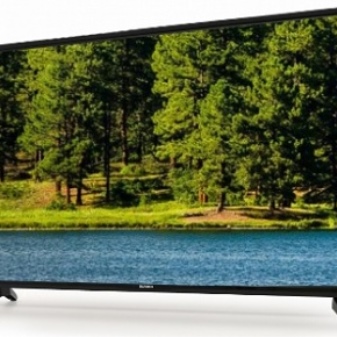
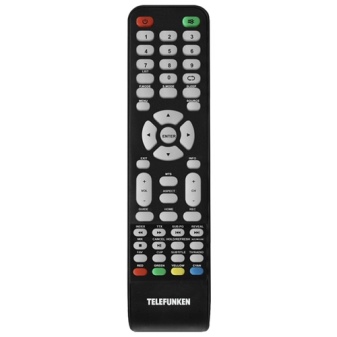
See the next video for the difference between HD, 2K, 4K and 8K.













The comment was sent successfully.